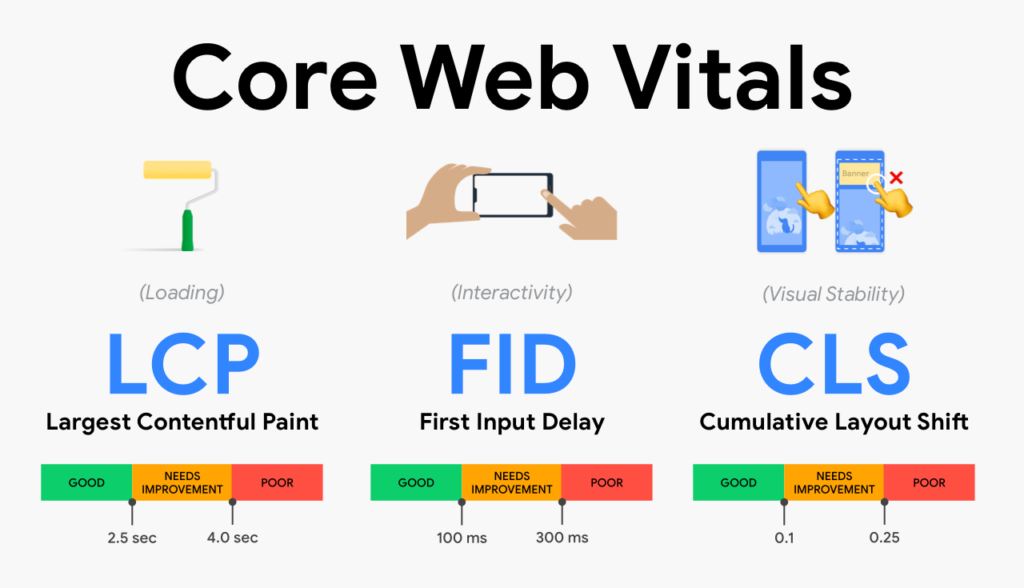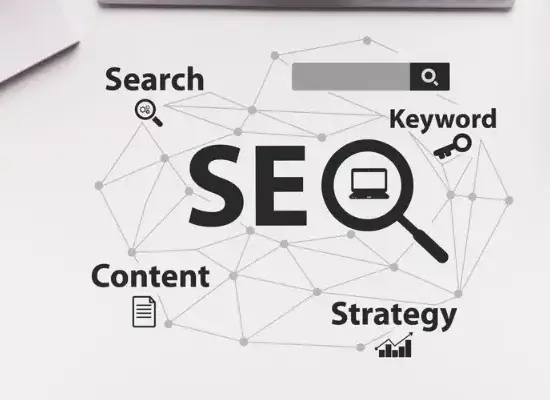As a seasoned digital marketer, I’ve worked on countless SEO campaigns over the years.
And if there’s one thing I’ve learned, it’s that a structured SEO plan is essential for achieving success.
But where do you start?
In my experience, the first step should always be a technical SEO and creating a SEO proof website.
Why is technical SEO so important?
Well, think of it this way: imagine you’re building a house. Before you can start decorating the interior, you need to make sure the foundation is strong and stable.
The same is true for SEO.
By fixing technical issues and optimizing your website’s structure, you can ensure that it’s strong and stable enough to support all your SEO efforts.
So, let’s dive into the first step of a structured SEO plan: a technical SEO audit.
What Should Be The First Step Of A Structured Seo Plan?
The first step of a structured SEO plan should prioritize technical SEO and site structure. This includes optimizing your website’s loading speed, fixing broken links, ensuring your site is mobile-friendly, and creating a well-organized site architecture. By addressing these technical factors first, you’ll establish a solid foundation that will help search engines better understand and rank your content. Once your site is technically sound, you can move on to keyword research and content optimization to further improve your visibility in search engine results pages (SERPs).
What is a Technical SEO Audit?
A technical SEO audit is a comprehensive review of your website’s structure, code, and other technical elements that impact search engine rankings and user experience.
The goal is to identify and fix any issues that may be hindering your website’s performance.
There are many technical factors to assess, including website speed, core web vitals, mobile responsiveness, URL structure, XML sitemaps, robots.txt, and more.
But don’t worry, you don’t have to be a tech expert to conduct a technical SEO audit.
There are many tools available, such as Google’s PageSpeed Insights, GTmetrix, and Screaming Frog, that can help you assess these factors.
Website Speed Optimization
One of the most critical technical factors to assess is website speed.
Why?
Because it impacts both search engine rankings and user experience.
If your website takes too long to load, visitors will likely bounce and look for other options.
So, how can you optimize website speed? Here are some tips:
- Compress images to reduce file size
- Minify CSS and JavaScript files to reduce their size
- Leverage browser caching to store frequently accessed files locally
- Reduce server response time by upgrading your hosting plan or optimizing your server configuration
Core Web Vitals Optimization

Core web vitals are a set of metrics that measure website performance, such as page load time, interactivity, and visual stability.
Google uses these metrics as a ranking factor, so optimizing core web vitals is crucial for SEO success.
Here are some tips to optimize core web vitals:
- Improve page load time by optimizing images and reducing server response time
- Reduce the first input delay by minimizing JavaScript execution time
- Minimize layout shifts by using appropriate image and video sizes and reserving space for ad placeholders
On-Page Optimization
Once you’ve optimized your website’s technical elements, the next step is on-page optimization.
This involves optimizing on-page elements, such as title tags, meta descriptions, header tags, content quality, and more.
Here are some tips for on-page optimization:
- Use relevant and targeted keywords in your title tags and meta descriptions
- Use header tags (H1, H2, H3) to structure your content and make it easier to read
- Create high-quality, informative, and engaging content that answers user search queries
Content Strategy
Creating a content strategy is a crucial part of any SEO plan.
Without a solid content strategy, you won’t be able to build topical authority and attract high-quality back-links.
Here are some tips for creating a content strategy:
- Identify topics that are relevant to your audience and align with your business goals
- Research keywords and use them strategically in your content
- Create a content calendar to ensure consistent and frequent publishing
Link Building and Off-Page SEO
Link building and off-page SEO are critical to boosting search engine rankings and establishing your website’s authority online.
Link building refers to the process of getting other high-quality websites to link back to your website, which signals to search engines that your website is a valuable and trustworthy source of information.
There are several strategies for link building, including guest blogging, broken link building, and influencer outreach.
Guest blogging involves writing articles for other websites in your industry and including links back to your website.
Broken link building involves finding broken links on other websites and offering to replace them with links to your own website.
Influencer outreach involves reaching out to influencers in your industry and asking them to share your content or link back to your website.
This can be a powerful way to reach a wider audience and build your website’s authority online.
Off-page SEO also includes other activities that can boost your website’s authority and reputation online, such as social media marketing, online reviews, and directory listings.
By engaging in these activities and building your website’s reputation online, you can improve your search engine rankings and drive more traffic to your website.
Final Words
In summary, link building and off-page SEO are critical components of any comprehensive SEO plan.
By building high-quality links to your website and engaging in other off-page SEO activities, you can establish your website’s authority and reputation online and drive more traffic and leads to your business.
So don’t neglect this important aspect of SEO and start building your links and reputation today!



